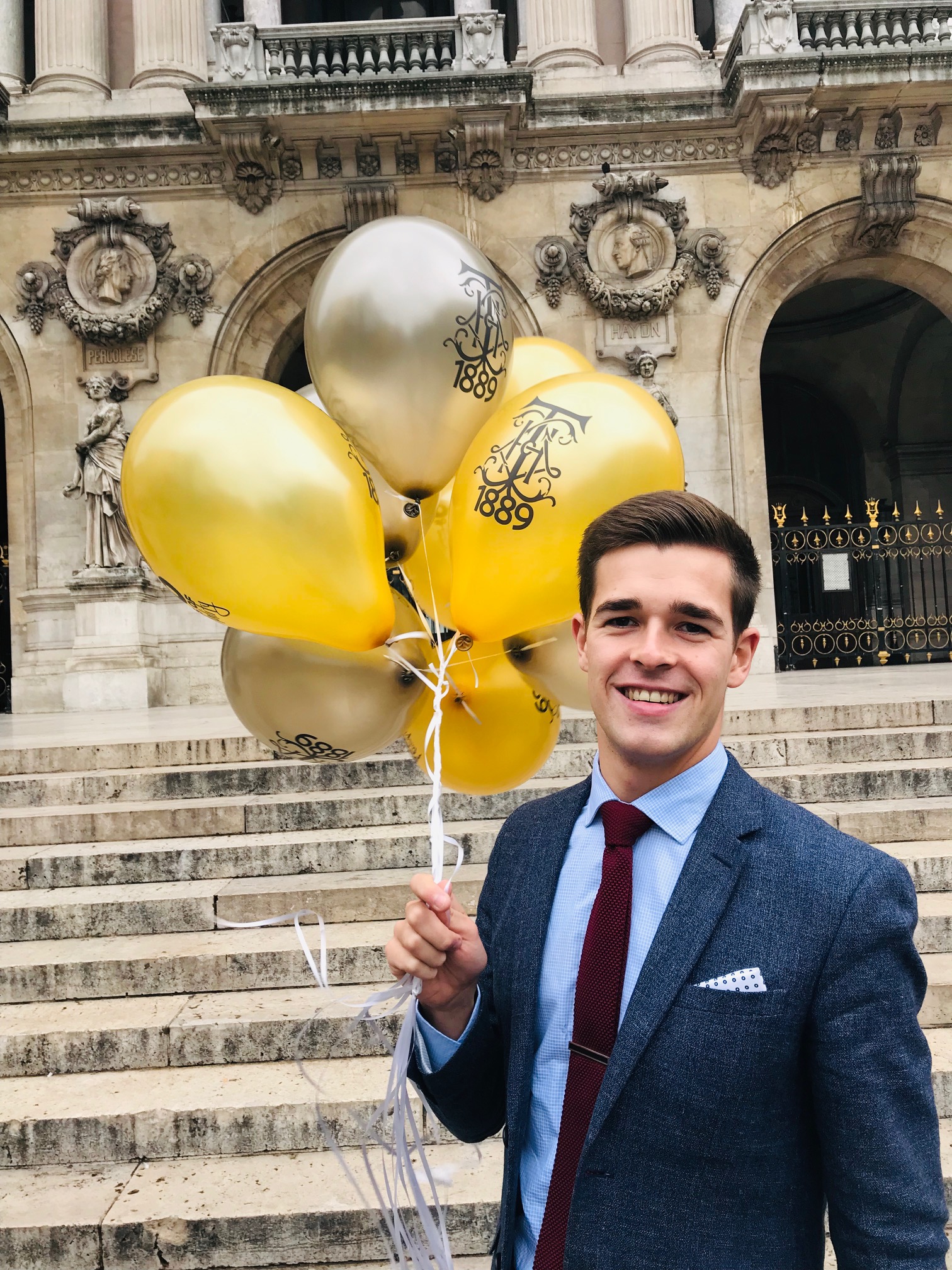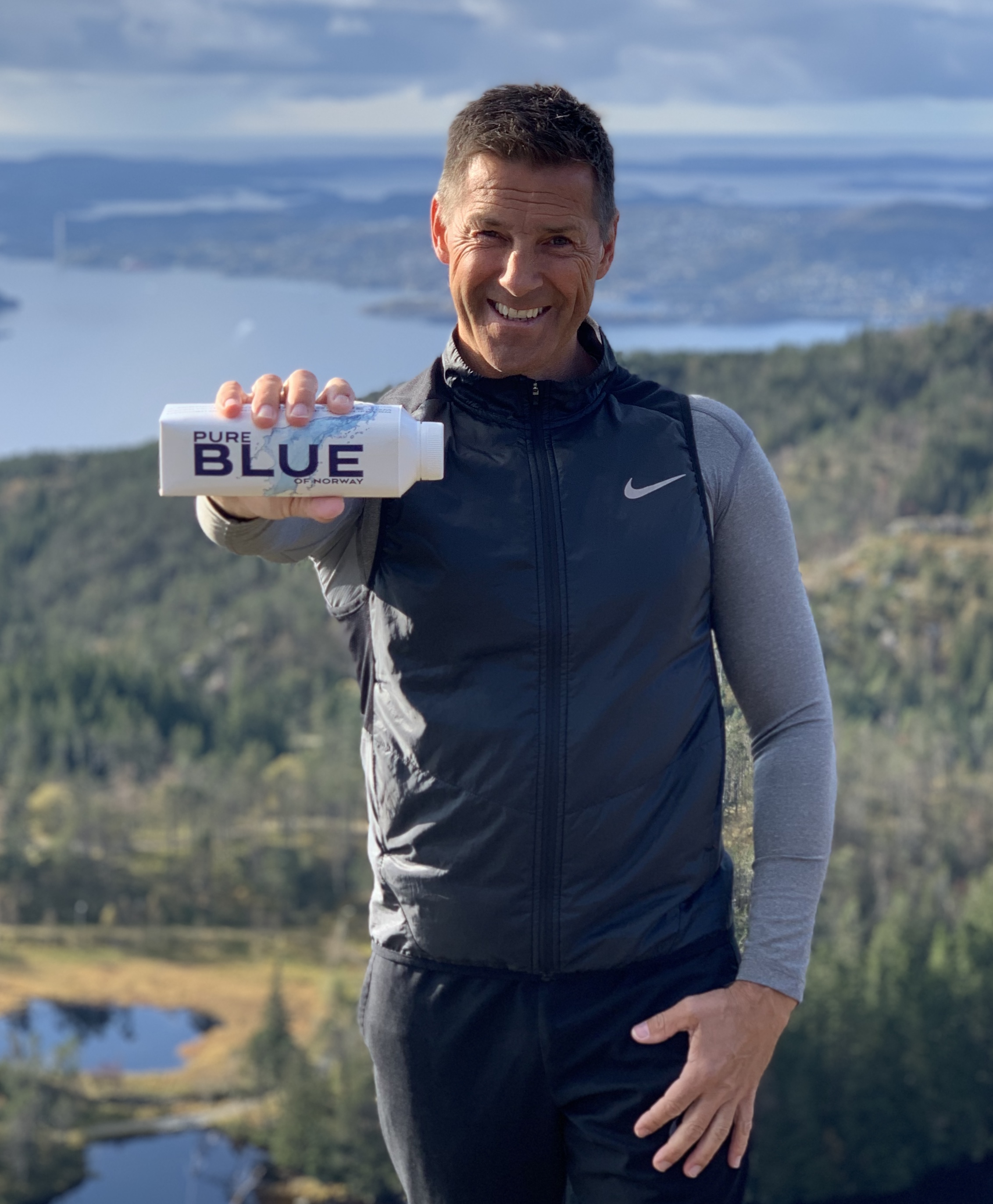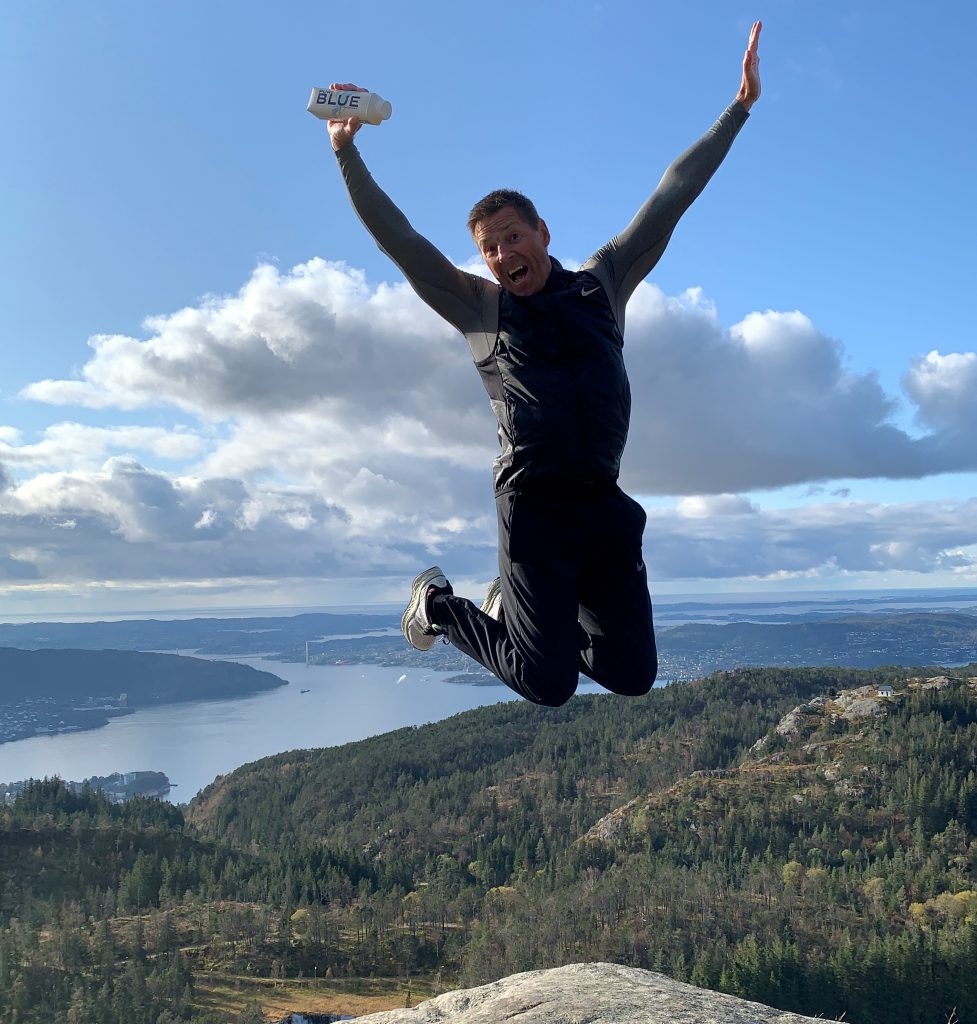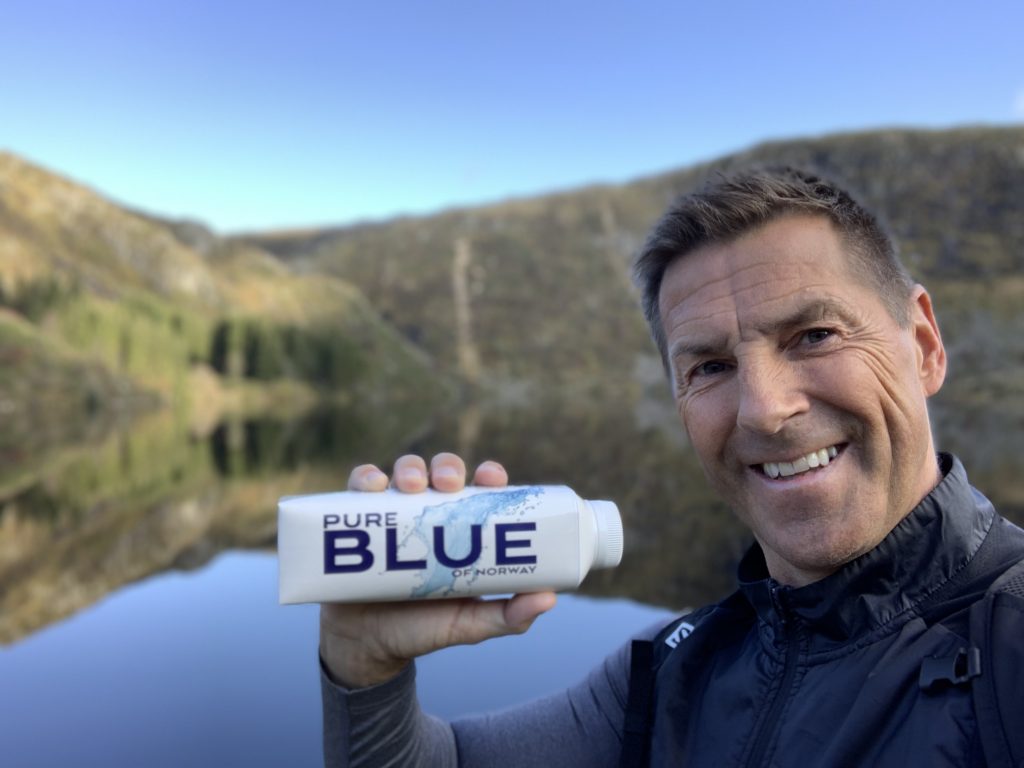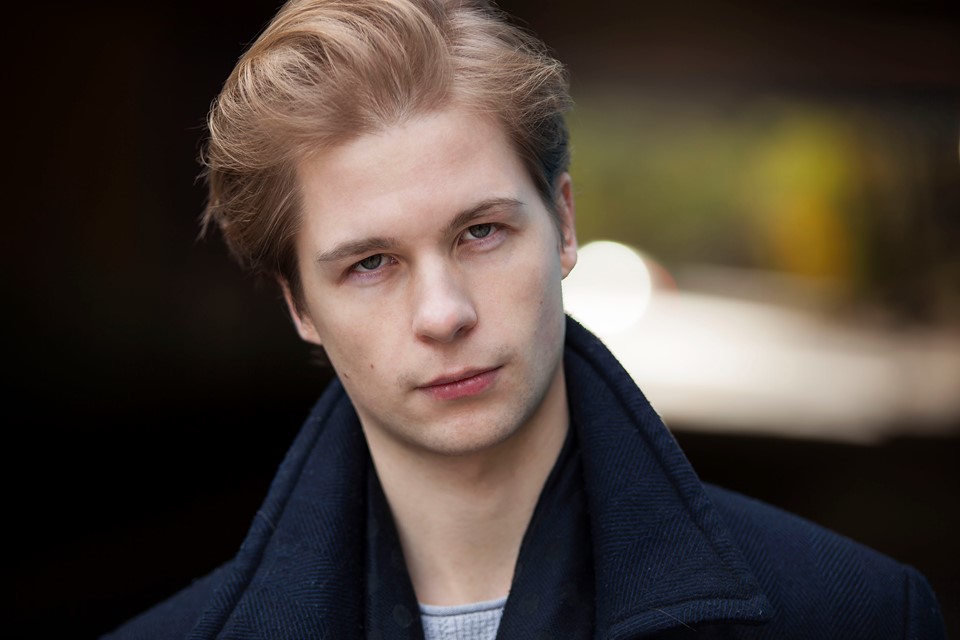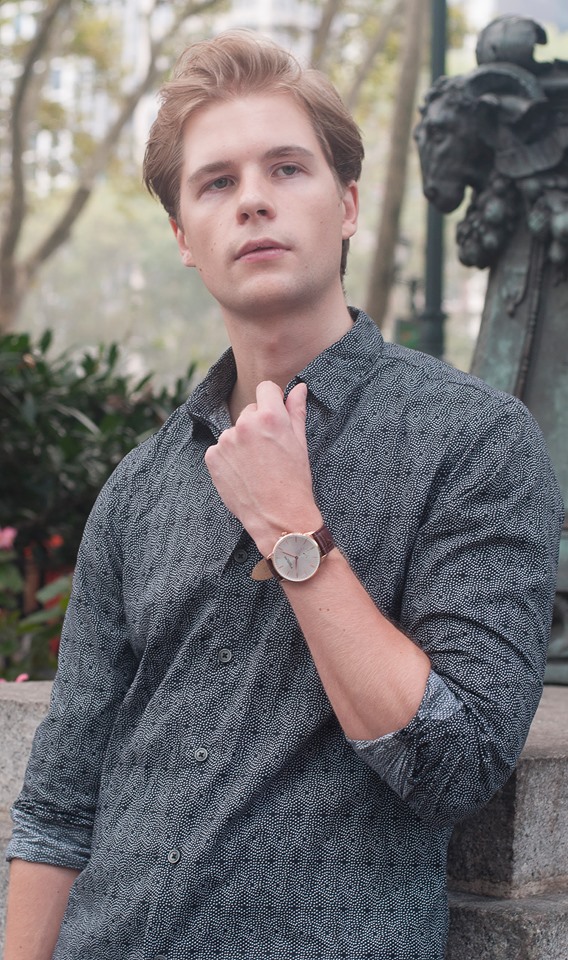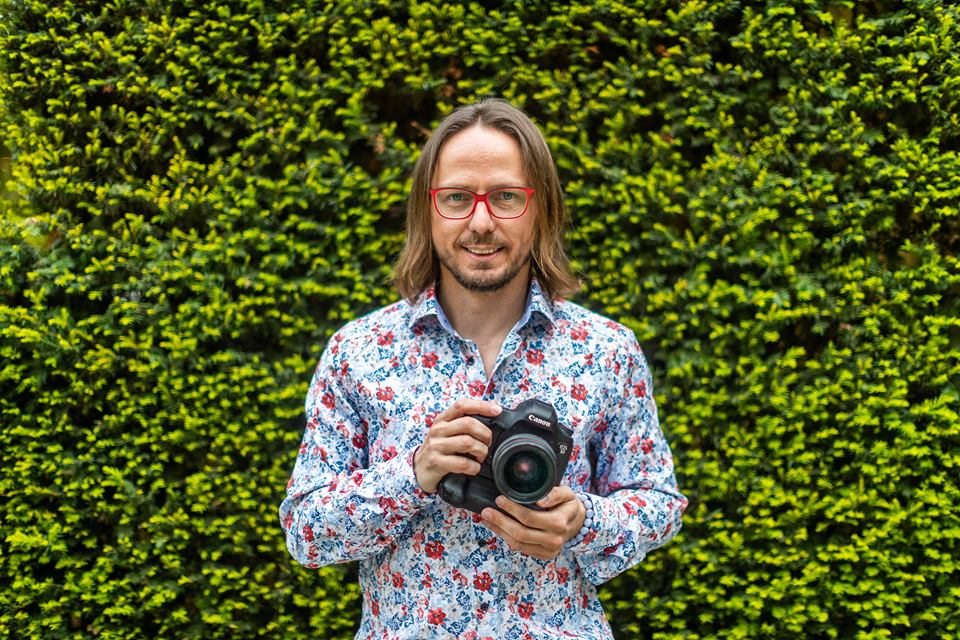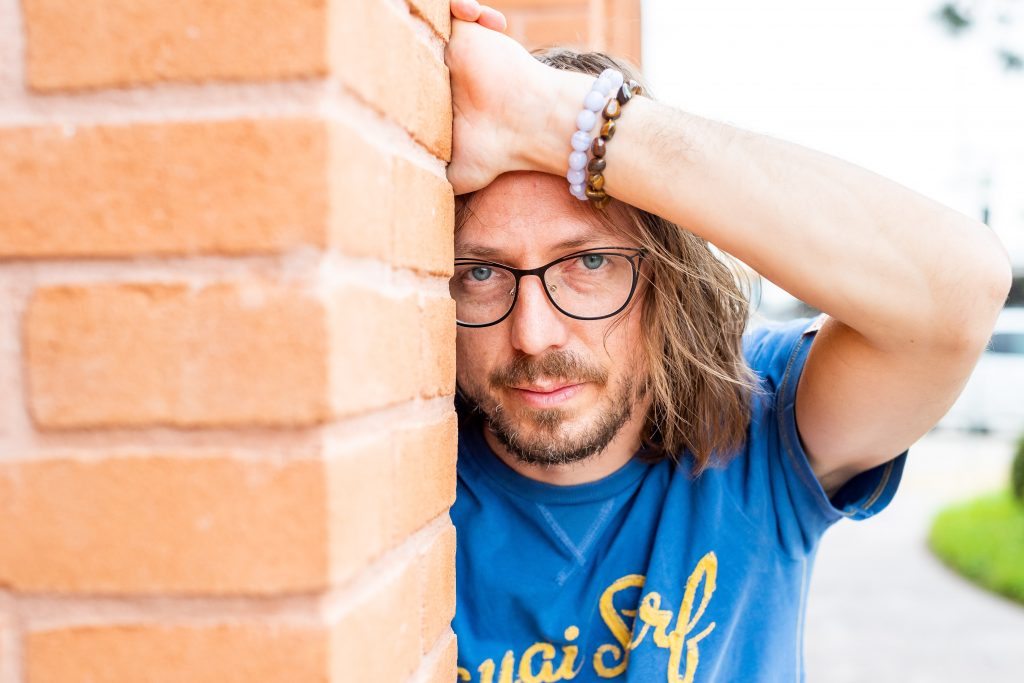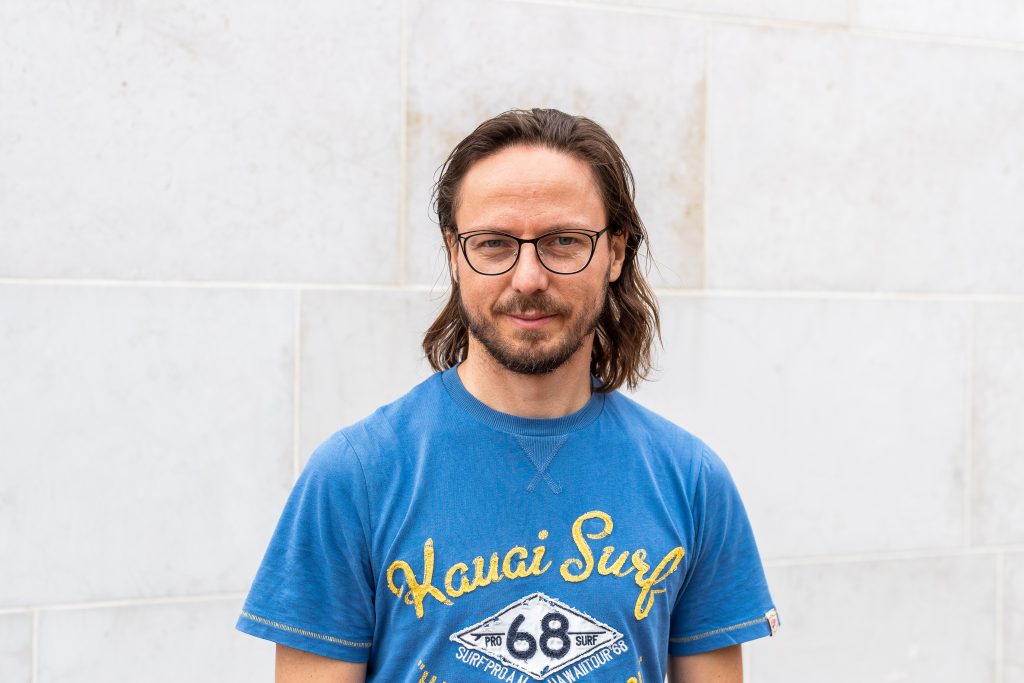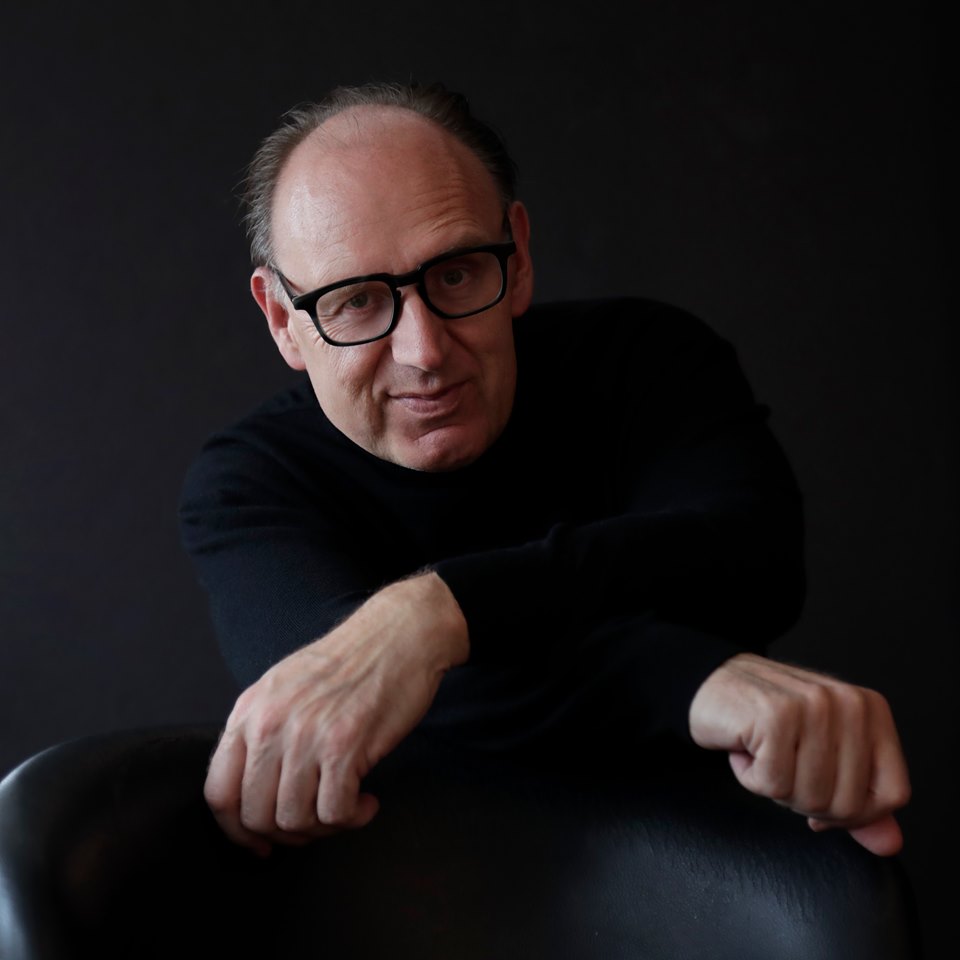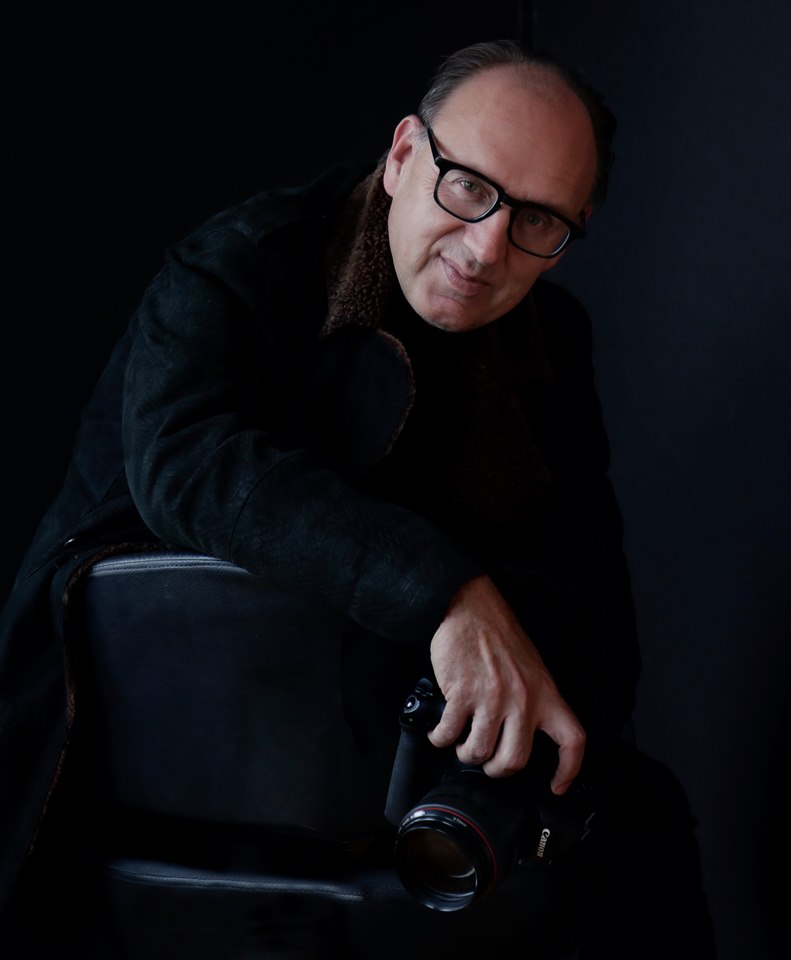Arif Anis Malik: Crises in the past have inspired great leadership icons. If we as humanity have been waiting for a sign, then THIS IS IT!
By Srishti Kapoor
Introduction
The 2018 edition of the Power 100 British Parliamentary Review listed Arif Anis among the 100 most influential trailblazers in Europe. Author of I’MPOSSIBLE, ‘Follow Your Dreams’, and ‘Made In Crises‘, keynote speaker and executive coach Arif Anis has 20 years of experience in delivering transformational results, uplifting lives, and impacting people, policies, and narratives. He has spoken as a contributor/ keynote at several global universities including the University of Oxford, Cambridge, UCL, Hong Kong University, SOAS, London School of Economics, and many others. As an international human capital expert, Anis has coached top coaches, corporate leaders, heads of states, movie stars, and CEOs.
As an international keynote speaker, Anis has shared the stage with global icons in the field of leadership and influence industry including President Donald Trump, President Bill Clinton, Prime Minister Imran Khan, Prime Minister Boris Johnson, Prime Minister Theresa May, Prime Minister Tony Abbott, President Musharraf, President Nasheed, Tony Robbins, Tony Buzan, Daniel Goleman, Richard Bandler, Jack Canfield, Richard Branson, Robert Kiyosaki, Paul McKenna, Brendon Burchard, James Caan, and many others.
Anis also served as an Economic Senator at the European Economic Senate. Anis strongly believes in supporting social causes. Anis supports HRH Prince of Wales’s British Asian Trust. Arif has recently co-founded One Million Meals campaign to serve the NHS staff and vulnerable people facing the food crisis during the lockdown that received global recognition. He is a trustee of the world’s largest microfinance loan provider Akhuwat that has disbursed around 4 million interest-free loans (more 800 million U$D). Anis’s initiatives have been featured at BBC, ITV, Sky, CNBC, The Telegraph, Yahoo, and many other global platforms.
How did you feel when you were announced as a winner for the Global Man Award, 2019?
The announcement came as a huge surprise. Particularly for an immigrant in the UK who started his journey three decades back as a shepherd. Also, the nominations were awesome. The likes of Andy Harrington were nominated from the UK, and I thought I did not have much of a chance. I knew Mirela and was appreciative of her amazing work for Global Woman. However, I am also aware that sometimes awards and recognition are more about your public profile and presence. So, the nomination itself came as a surprise. When I heard of getting shortlisted among finalists, I said: “Huh, you gotta be kidding“. Winning the Global Man award in a star-studded event at Hilton was the moment of a lifetime. It was kept confidential till the last minute, so I was pretty much out of breath when my name was announced. At the same time, it was a fulfilling moment. You know when you feel acknowledged on a global stage after serving for two decades, speaking to more than a million people in 42 countries, writing books, doing charitable work – and then you get this pat on the back. It all seems worth it with a huge expression of gratitude. I won Brian Tracy ward of excellence in 2017 but being the Global Man of the year was the icing on the cake.
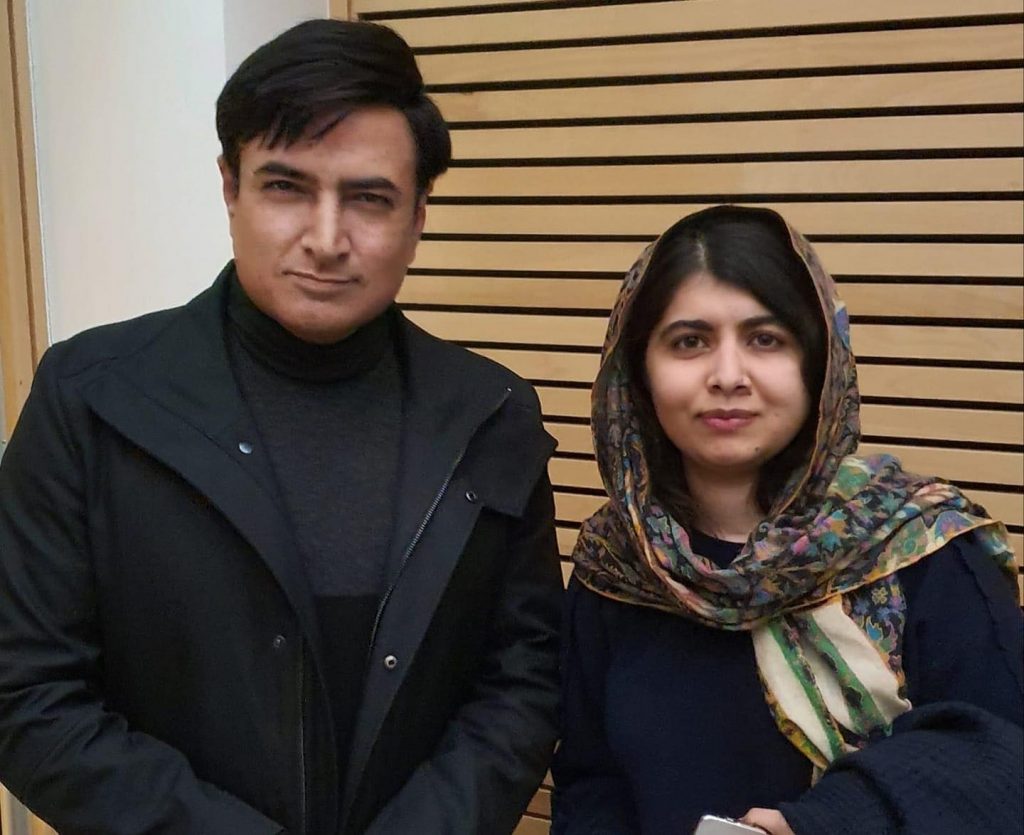
As a leader and successful influencer, how do you face one of the biggest challenges of the century, which is coronavirus?
Unfortunately, you are right. Coronavirus is for our century what Spanish Flu, World War I and II have been for the 20th century. Its ramifications are huge, and, in many ways, it seems, our world may not remain the same as it was when the clock struck 2020. The global Corona conflict has rammed people into trenches. Invisible, lethal, viral weapons have replaced visible whistling bullets and thunderous bombs. As we don’t know who is calling the shots, it is difficult to tell how we can call a truce with imperceptible enemies.
In my view, COVID-19 is not just a medical challenge, but a spiritual challenge too. To defeat COVID humanity need to follow the path of self-purification, compassion, nonviolence, God and Nature. This pandemic raises serious questions about the way this world has been run in the last 5-7 decades, by using greed, power, lust and obnoxious use of the privilege. This pandemic has laid bare what was already obvious, but we buried our heads in the sand like ostriches.
We have a chance to do something extraordinary. As we head out of this pandemic, we can change the world. Create a world of compassion. A world where we are kind to each other. A world where we are kind no matter what class, race, gender, what creed or the job tag we have. A world we don’t judge those at the food bank because that maybe us if things were just slightly different. Let love and kindness be our roadmap. If the world after coronavirus is not going to be a much more greener, much more environmentally friendly and much more vegetarian, much more just and equal, then human beings will deserve a much worse virus than coronavirus.
Throughout the centuries, an earthquake or a volcano or a pandemic or a tsunami shake the world. There is always a message in the shake-up. Wake up! I am sure we would get rid of coronavirus. Say, in a year, or two or three. But I fear what comes next. We go back to our routine stupidities, namely the wars, supporting the dictators, fuelling divide through extremism, voting for politicians without integrity or character, destroying the forests, killing earth’s climate etc. This is worse than the pandemic itself. I pray that we don’t resort to what life was when the clock struck 12 am on the 31st of December 1999. Let’s finally wake-up.
In my upcoming book, ‘The Big Reset‘, I have discussed these aspects in detail. The book will be released worldwide in August 2020. I also co-authored a book “Leading in Crisis” with Qaiser Abbas that is coming out in July, focused on similar insights.
There are several types of a leader, so which one do you reckon you are? And what are the key principles that you stick to?
I must say that in the last two decades, my idea of leadership has undergone a huge transformation. I started following charismatic leaders, but I have concluded that servant leaders are the best. A servant leader, as the name might otherwise suggest, is far from being someone who follows along blindly. In fact, some of the greatest leaders of our time embody the true definition of leaders that serve first. A servant leader is an incredibly strong figure head who focuses on serving and empowering others and leads with their team in mind.
There are principles we can stick to being a servant leader. A servant leader is one who values the views and contributions of others. They actively solicit feedback and weigh any possible decisions carefully before concluding. A servant leader believes that everyone is valuable and is deserving of trust and respect.A servant leader cares about the well-being of others and finds ways to lift their teammates up, not bring them down.Servant leaders are willing to share wisdom freely and understand that their knowledge can help others improve both personally and professionally.
They are passionate about growing other leaders others and like to think of their team or organization as a community, rather than a workplace. A servant leader can focus on more than tomorrow’s goals. They care about the future success of the organization and will adopt choices representative of that fact. Servant leaders are also tenacious. They don’t give up easily and believe that the mission of the organization is too big to let go of. Servant leaders lead with a sense of purpose that drives them to make everyone around them better. Empathy, listening, persuasion, humility, commitment, foresight and awareness – all the key principles of a servant leader.
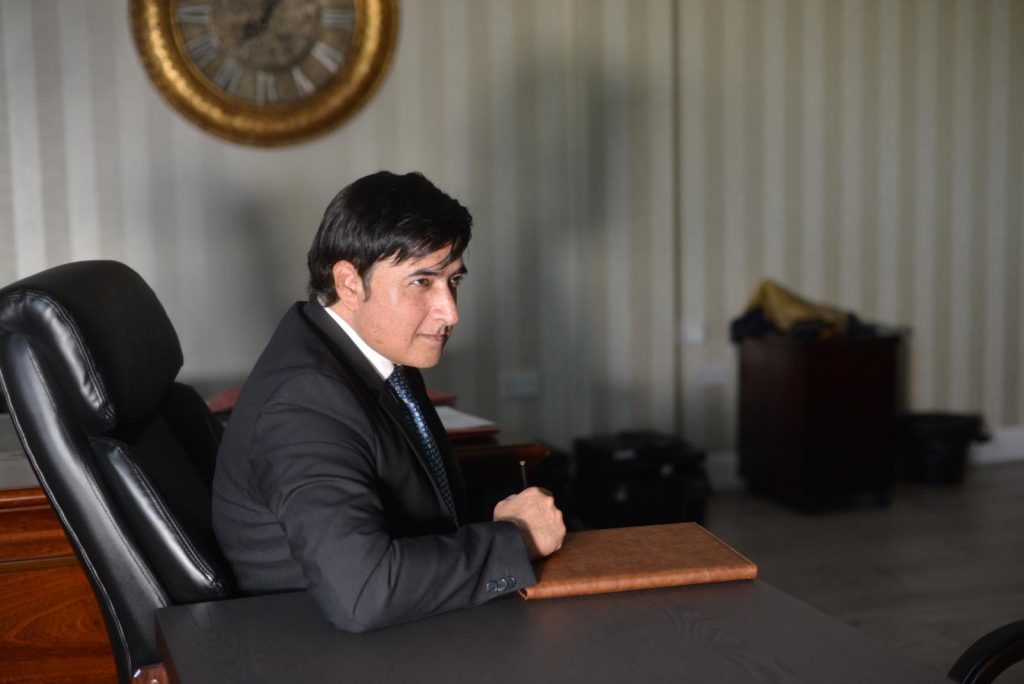
Most people have goals and aims in their life, as you have mentioned in the previous interview with Jim Hotaling that you had seven things that you wanted to achieve by the age of 35, and you did it. What are your next ambitions and “impossible” goals to concur both for yourself, as an influencer and a leader?
I think I was more like a kid in the candy shop while I was growing up. Perhaps, we all go through those phases when having a dinner with Miss World or becoming a best selling author or speaking to a crowd of 20,000 or rubbing shoulders with presidents or other ‘hot’ goals, that I shared with Jim, I had while I was in my 20s. However, the big question is ‘what is next?’ These milestones don’t attract me that much when I look back and reflect. It seems I am more invested in the ‘impossible‘ goals now. Somehow, I have woken up to the darker side of our existence, and it pains me seeing that much of hunger, inequality, and injustice. I lose my sleep on seeing the likes of George Floyd under the knees of the oppressors, losing their breath, in various parts of the world in the name of race, creed and other divisive elements. I must make it clear that I have not given up in the human capacity of doing good, rather I am more convinced than ever that we all can make a huge difference through a concerted effort. Mentoring more than a million masterminds is also one of the crazy goals I plan to accomplish in the next ten years.
So, in the list of my ‘impossible‘ goals, now are the goals to combat hunger and provision of the level playing field. I have dedicated a good chunk of my time to Prince of Wales’s British Asian Trust, Akhuwat and One Million Meals. I am chief executive of Akhuwat Trust UK, that represents Akhuwat which is the world’s largest interest-free microfinance provider with more than 750 million U$D disbursed among more than four million people. One Million Meal is a not-for-profit, volunteer-led initiative, which was set up by me, famous food preneur Suleman Raza and Forbes’ 30 Under 30 Bilal Bin Saqib at the beginning of the COVID-19 pandemic. It aimed to serve the NHS hospital staff, keyworkers and vulnerable people impacted by the coronavirus pandemic, through fundraising, collaborations, and partnerships by involving sociopreneurs, entrepreneurs, philanthropists, charities, food industry, corporate enterprises, and local communities. The main focus of the campaign was to serve food to people in crisis beyond any division of colour, creed, race, gender or orientation. Live demand from hospitals was passed to Italian, Chinese, Indian, Pakistani, and continental restaurants in the area with good hygiene rating for delivery. In three months, One Million Meals managed to support 203 locations (NHS trusts, hospitals, agencies, schools, food banks) across the UK, by serving 47 NHS hospitals by delivering more than 100,000 meals and nutritious drinks to doctors, nurses, paramedics, key workers on the frontline risking their lives along with homeless and vulnerable people suffering at the hands of the pandemic. As the lockdown has been lifted, now we aim to serve millions of meals through the charity in the long run. We received acknowledgements from David Beckham, Prime Minister Boris Johnson’s office and the Royalty – but the real honour has been to be able to serve itself.
Do you believe possibilities come to you just by luck or do you reckon you need to earn it? And if it is by earnings, what would your advice be on how to earn that possibility?
Well, coming from a small village Angahin Pakistan from a Godforsaken part of the world to the centre of our civilization has been a long journey. However, after coming across and working with the most influential people in the world, I discovered that the harder you work, the luckier you get. You earn it by sweat and blood, by walking out of the comfort zone, by challenging yourself and shedding your old skin and habits. It is a GRIND, my friend. Luck can be a break or a chance, but that is it. Once I conducted research and wrote an exclusive on the winners of the lottery. Found out most of them got worse in life, lost to addictions of various types and lived with fractured lives, even after winning millions of pounds or dollars. You would have your fair share of rise and fall, success and failure, applause, and curses, and no one is exempted. In my life, I have not come across anyone lucky enough not to be scarred by life. No one will come out alive, as they say. Yes, higher awareness, compassion and love are luck, and I have been lucky enough to receive them in abundance.
In your book, you have said,”Change yourself before you change the world”. Nowadays, what change the world is seeking right now, in your opinion? And what should an individual do in order to make an influence on that change?
That is a great question, and it is the heart of the matter. Somehow this pandemic, the ongoing protests of Black Lives Matter and the systemic failure of leadership all over the world make one thing clear. We gotta change. We need to acquire better habits, routines, drills, and practice. We may be comfortably living in our apartments or houses. We may not be getting affected by hunger during this time of despair. But there are so many people out there who may not have eaten a proper meal in the last few days. The turmoil caused by the COVID 19 pandemic is playing havoc in the lives of millions of people from all around the world. We are all in this together. We all can do our bit. Let’s feed the hungry and help the less fortunate among us. Together we can make this world a better place.
Recently, I have co-authored another book with my friend and best selling author Qaiser Abbas. It is titled as ‘Made in Crises‘. It should be out by September 2020. In Chinese, the character for the word crisis is made up of two symbols, danger and opportunity. A crisis is the ultimate test a leader can endure. A crisis can swiftly reveal a leader’s capabilities and strengths, but it can also expose the underlying weaknesses. The unpredictable, dramatic, and highly charged events surrounding a crisis profoundly affect the people in an organization and threaten its very existence. A crisis is a condition of instability in social, economic, political, or international affairs, leading to a decisive change. Most of us are ordinary people until a crisis finds us and gets extraordinary out of us. It is an interesting study of how various crises inspired great leadership icons and how these symbols of prominence stirred a distinct set of events. While crises do upset us and hand our existing world upside down, they do us one favour, and that is they urge us to change.
The change is obvious. We can not shut our eyes to the call now. It ‘too shall pass’ but to me matters more what remains when it passes or what comes next. We found out we don’t need guns, bombs and missiles and weapons of mass destructions. We need hospitals, doctors, nurses, ventilators, and access to immunity and healthy diet for all of us. We don’t need demagogues and jerks as leaders but humane people in the position of power. We need less of Donald Trumps but more of Jacinda Arden. We need leaders who flex compassion as a muscle instead of bullying the less fortunate. And the biggest of all, we need to change ourselves to share our meals, our fortune, our luck, our success, our stardom with the less fortunate around us. We can not build islands of arrogance and ignorance of misery. We are all in it, together! If this pandemic does not change us, nothing will. If we have been waiting for a sign. THIS IS IT!
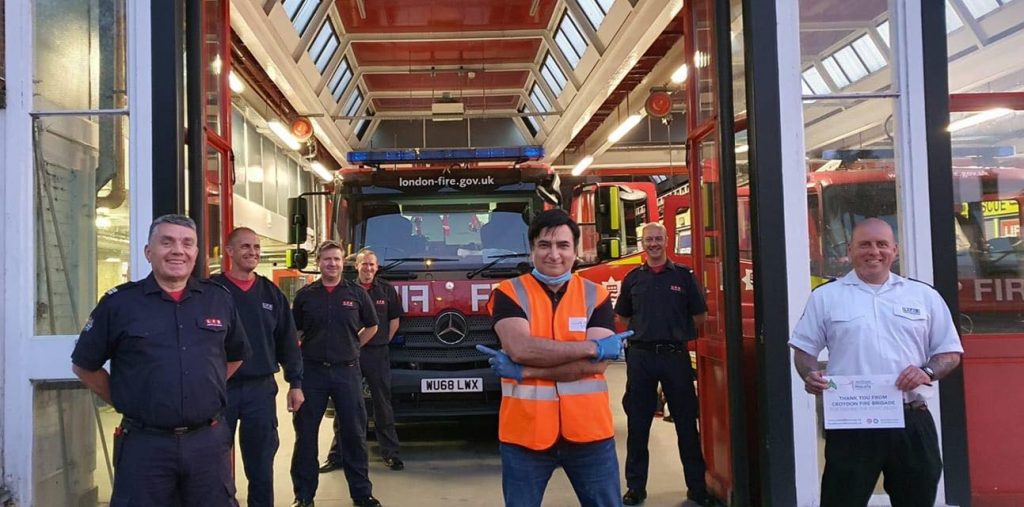








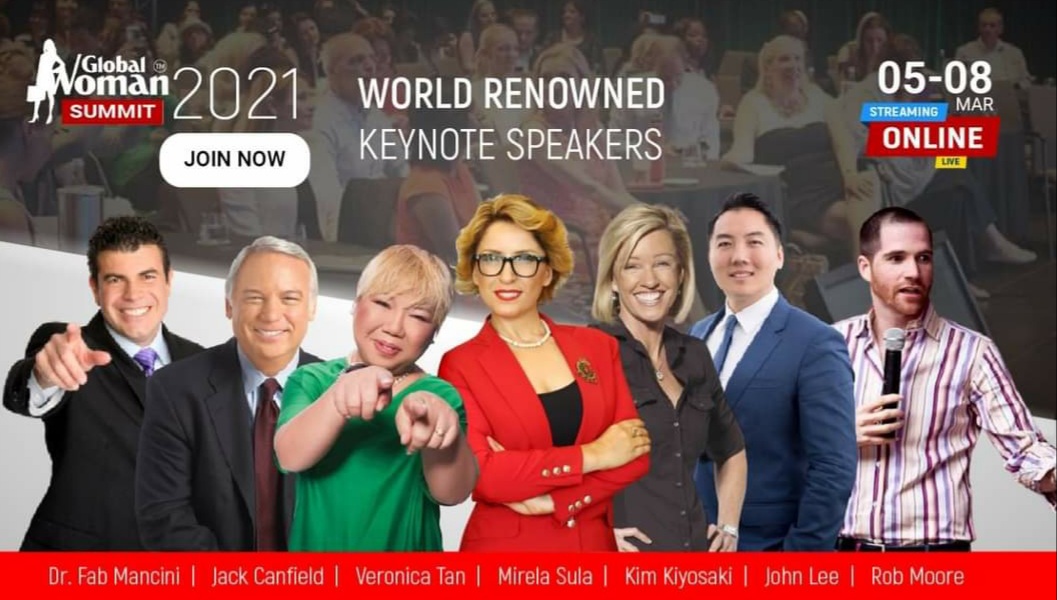
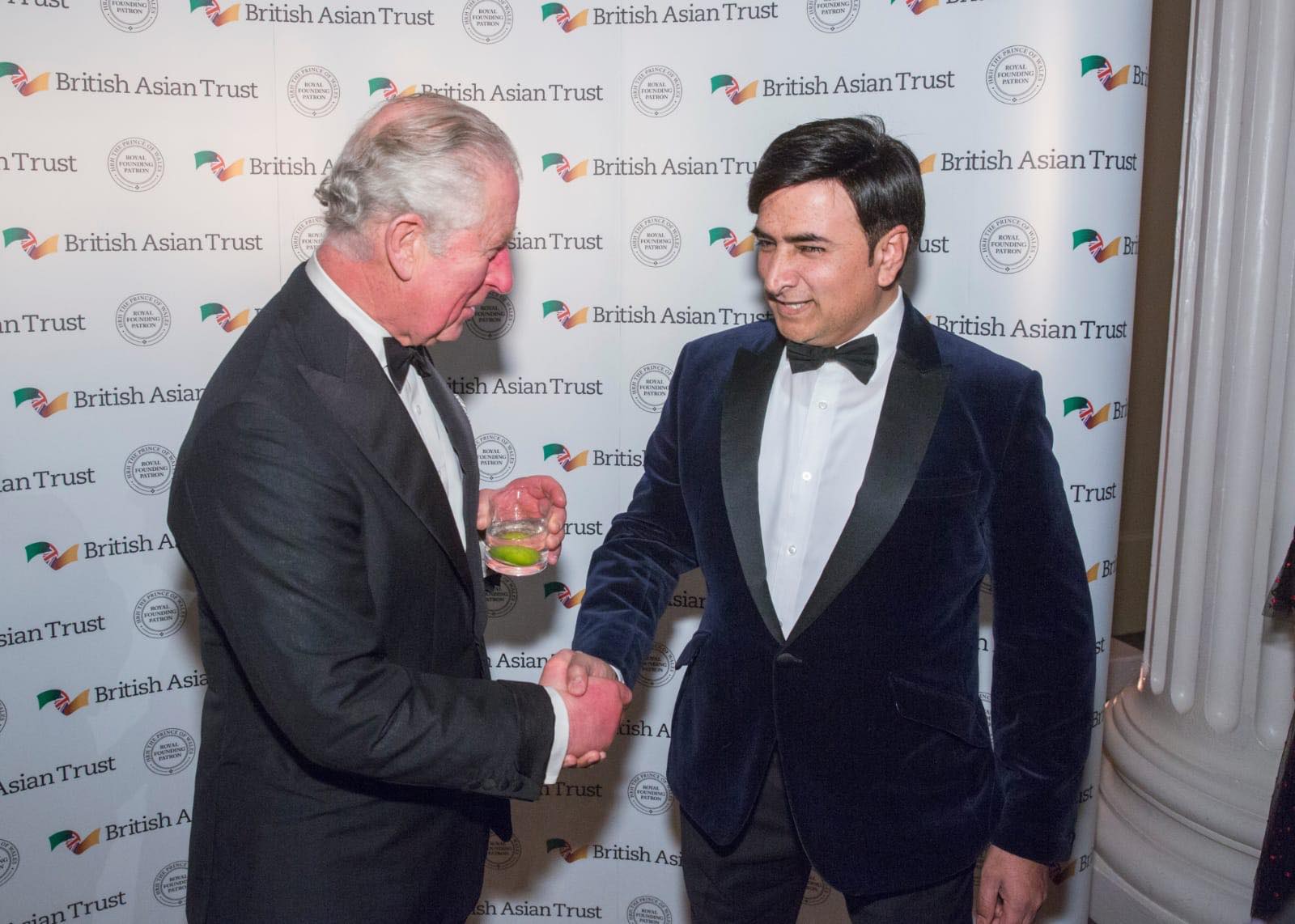



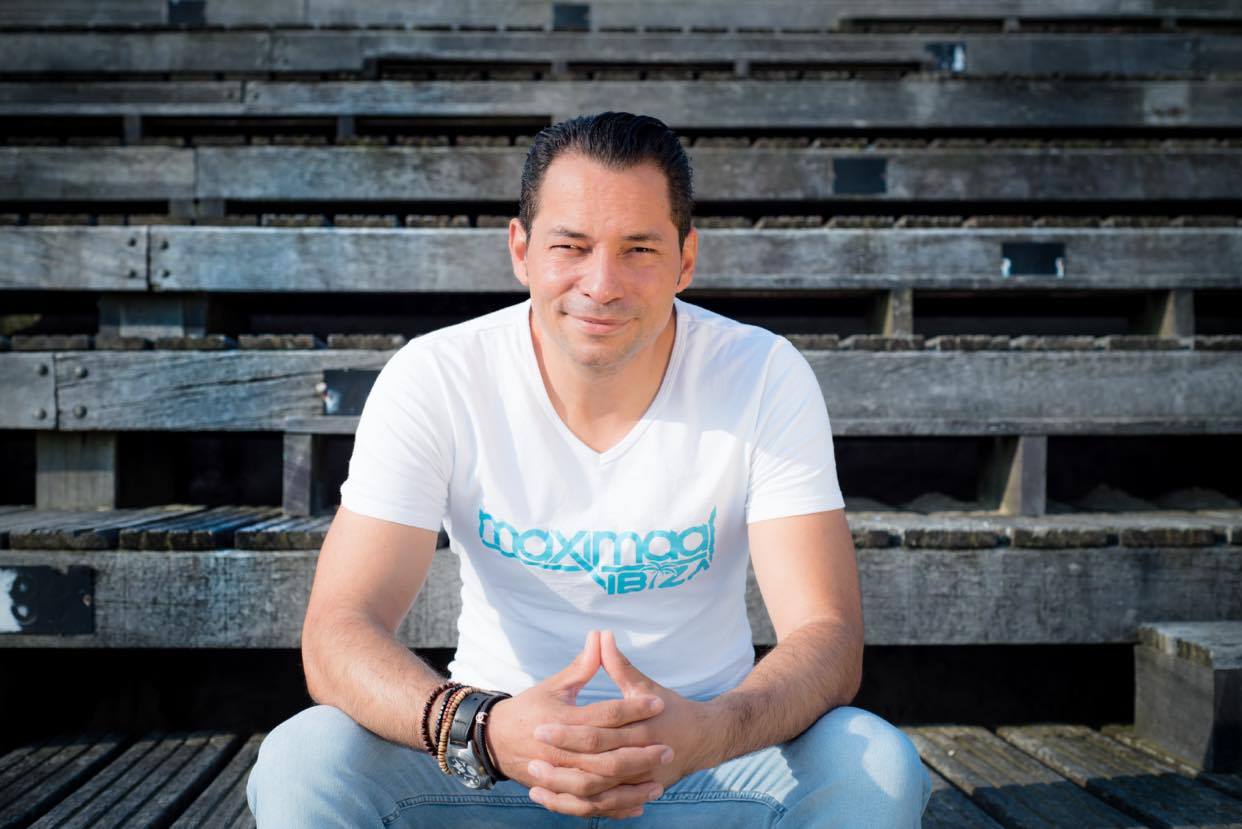
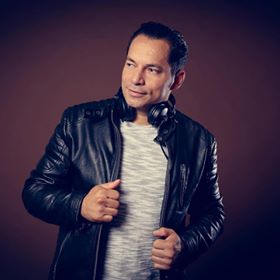
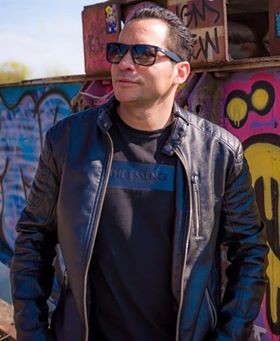
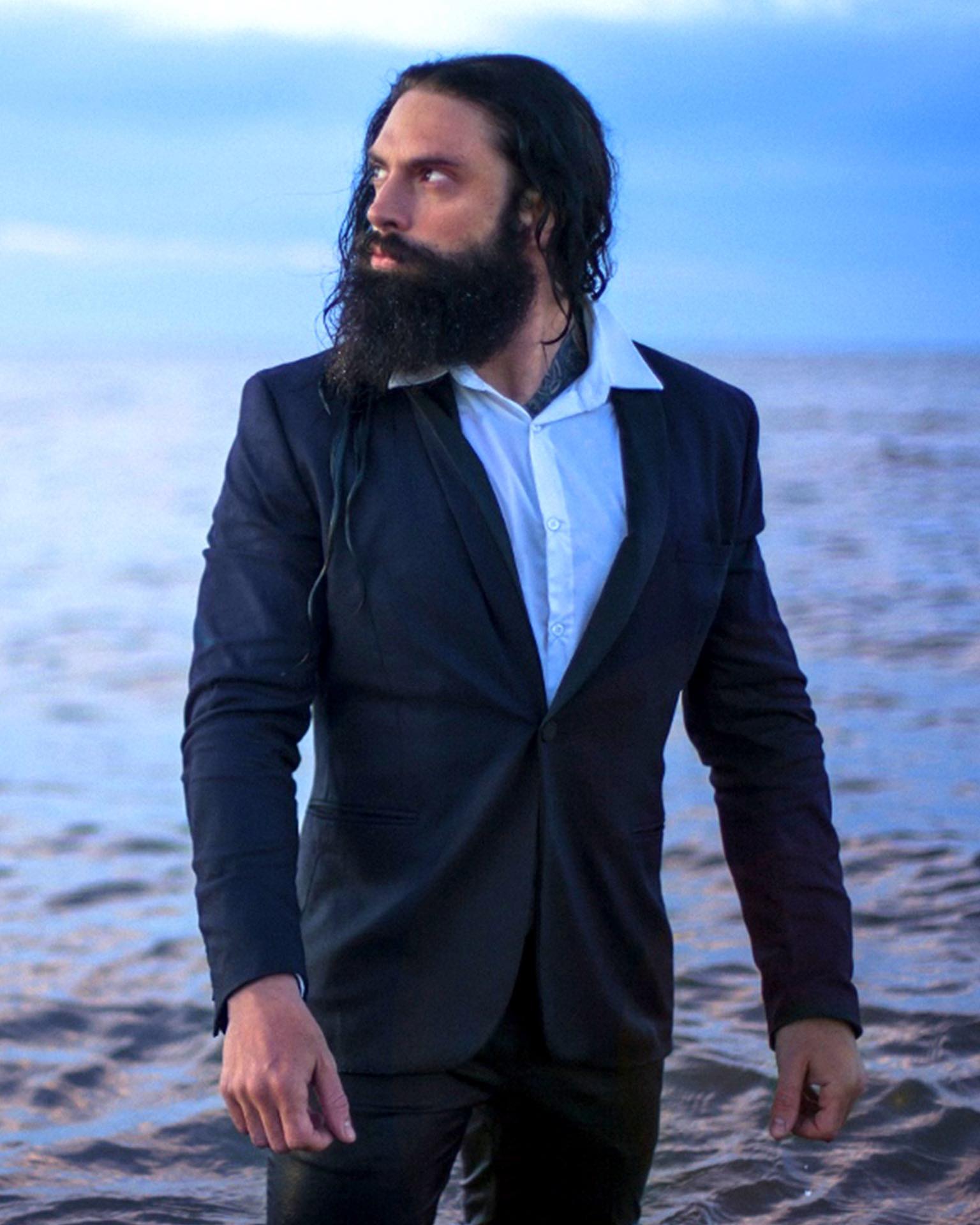

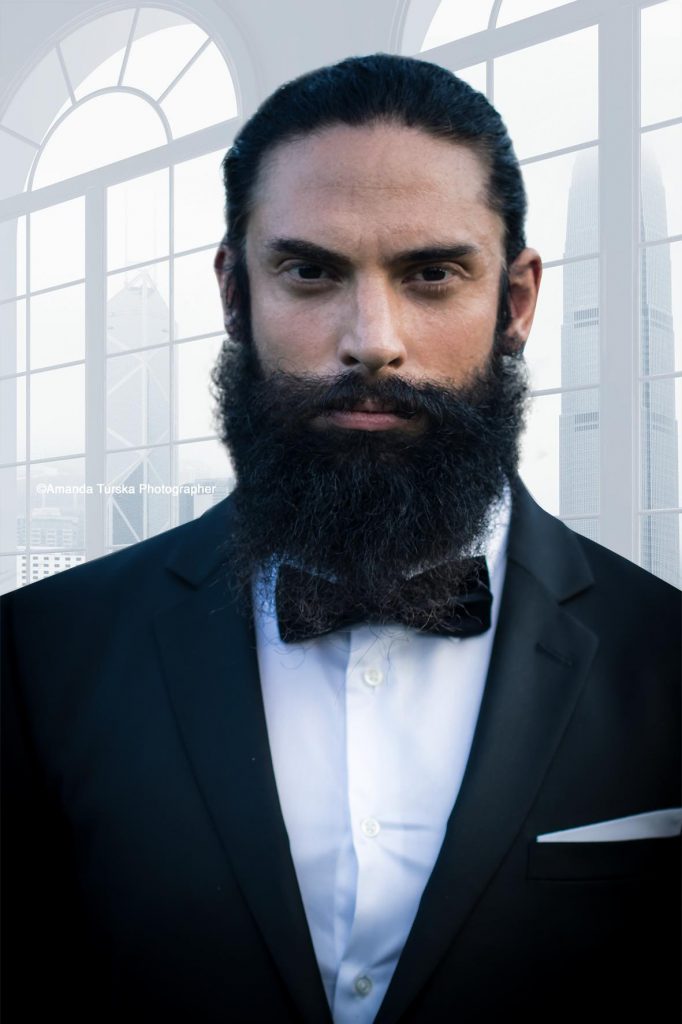
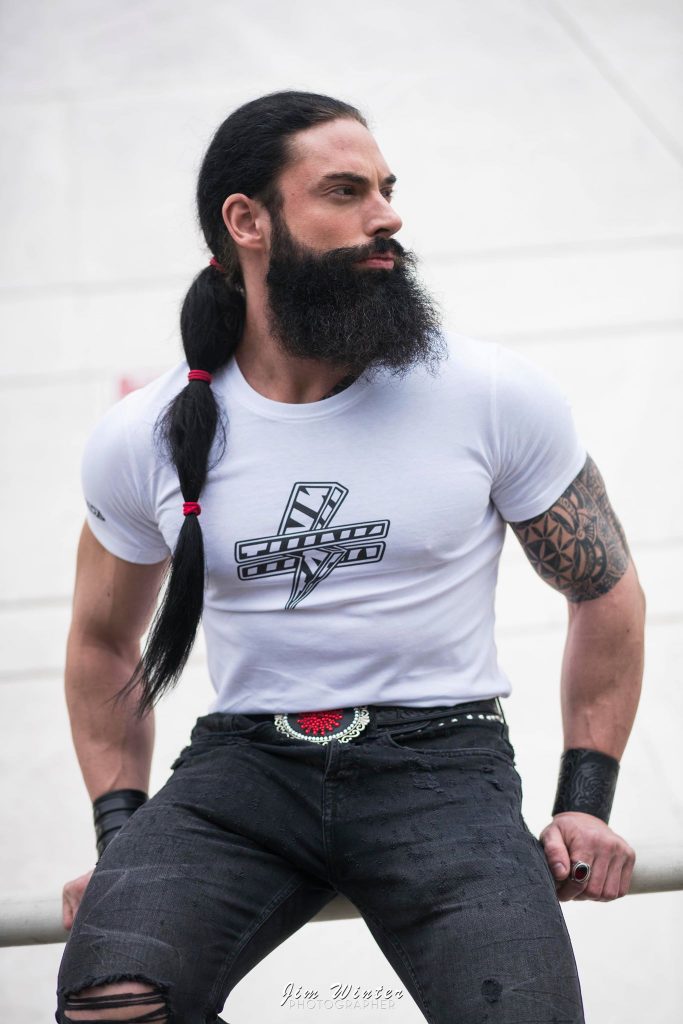 f advice you would like to leave our readers with?
f advice you would like to leave our readers with? 